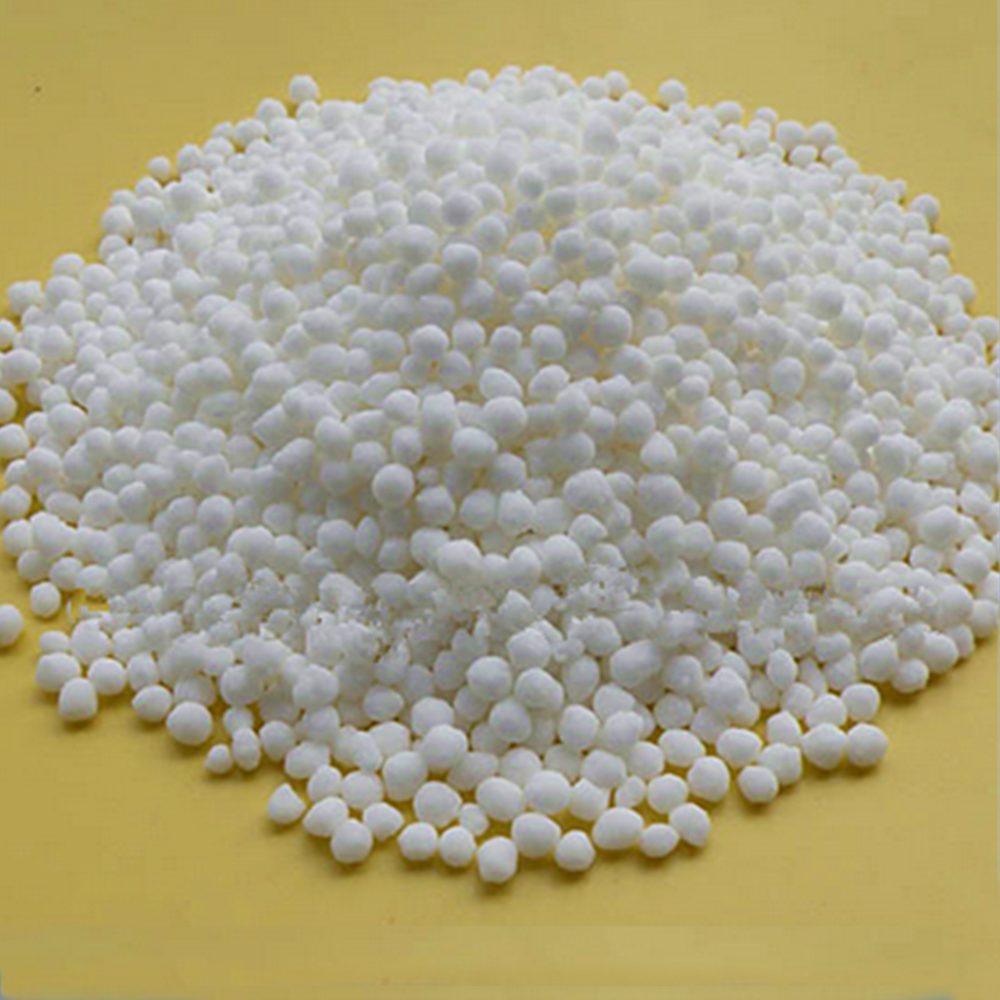



Chemical Methods for Effective Wastewater Management and Treatment Solutions
Chemical Treatment of Wastewater A Vital Process for Environmental Protection
Wastewater treatment is an essential process aimed at reducing pollution and protecting environmental health. Among various methods, chemical treatment stands out as an effective means of managing and purifying wastewater. This article explores the significance, processes, and benefits of chemical treatment in wastewater management.
Chemical treatment involves the addition of chemicals to wastewater to facilitate the removal of contaminants. This method is particularly effective for treating industrial effluents, which often contain toxic substances and complex organic materials. The primary goal of chemical treatment is to convert these hazardous substances into less harmful forms, ensuring that the treated effluent is safe for discharge into water bodies or for reuse.
One of the most common chemical treatment processes is coagulation and flocculation. In this method, chemicals known as coagulants, such as aluminum sulfate or ferric chloride, are added to the wastewater. These coagulants destabilize and aggregate suspended particles, forming larger clusters called flocs. Once sufficient floc formation occurs, the mixture is allowed to settle, separating the flocs from the water. This step effectively reduces the turbidity and suspended solids in wastewater.
Another critical chemical treatment process is disinfection, which involves using chemicals like chlorine, ozone, or hydrogen peroxide to eliminate harmful pathogens in the wastewater. Disinfection is crucial for protecting public health and preventing the spread of waterborne diseases. It is often the final step in wastewater treatment, ensuring that the effluent does not pose a threat when released into the environment or reused for irrigation and industrial purposes.
chemical treatment of waste water

pH adjustment is also an essential aspect of chemical treatment. The pH of wastewater can significantly affect the efficiency of treatment processes and the solubility of various contaminants. By adjusting the pH with acids or bases, wastewater can be optimized for subsequent treatment methods, promoting better coagulation, flocculation, and disinfection.
Chemical treatment offers numerous benefits. Firstly, it enables the effective removal of a wide range of pollutants, including heavy metals, nutrients, and organic compounds, which are often challenging to eliminate using physical or biological methods alone. As a result, chemical treatment enhances the overall efficiency of wastewater treatment facilities.
Secondly, chemical treatment can adapt to varying wastewater compositions and concentrations. Industries often produce wastewater with fluctuating pollutant levels; chemical treatment provides the flexibility needed to manage these changes effectively. Moreover, the speed of chemical reactions ensures that treatment processes can be conducted quickly, meeting the demands of industries with significant wastewater discharges.
However, it is essential to consider the potential downsides of chemical treatment. The addition of chemicals can lead to the formation of by-products that may require further treatment before disposal. It can also increase the operational costs of wastewater treatment facilities, necessitating careful management and monitoring.
In conclusion, chemical treatment is a vital component of wastewater management that plays a critical role in reducing pollution and protecting environmental health. Through processes like coagulation, flocculation, and disinfection, this method efficiently removes contaminants from wastewater, paving the way for safe discharge or reuse. Despite some challenges, the advantages of chemical treatment in enhancing wastewater treatment efficacy highlight its importance in sustainable water management strategies. As societies seek to balance industrialization with environmental preservation, the development and optimization of chemical treatment processes will remain a priority in safeguarding water quality for future generations.
-
How and Why to Disinfect Water Softeners for Safe, Reliable WaterNewsNov.24,2025
-
Effective Deionized Water Disinfectant Solutions for Healthcare & Industrial UseNewsNov.24,2025
-
Commonly Used Disinfectant for Drinking Water – Global Uses & InnovationsNewsNov.23,2025
-
Chemical to Disinfect Water – Essential Solutions for Safe, Clean Drinking WaterNewsNov.23,2025
-
Blue Water Disinfectant: Safeguarding Global Water Quality with InnovationNewsNov.22,2025
-
Bleaching Powder for Water Disinfection – Affordable & Effective Water Treatment SolutionNewsNov.22,2025
-
Bleaching Powder Drinking Water: Effective, Affordable Disinfection WorldwideNewsNov.21,2025










